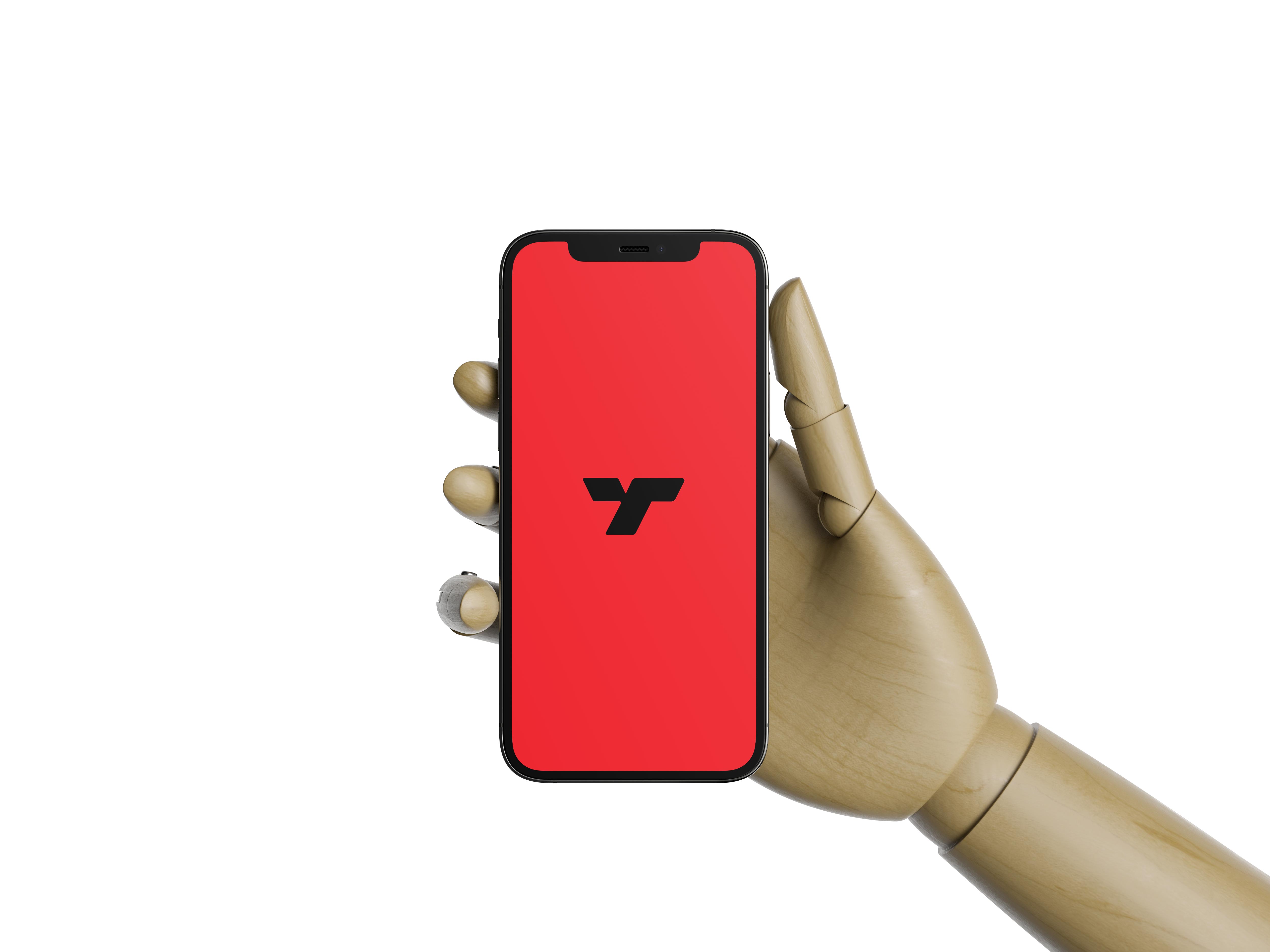Treamer, the job-matching platform, has made history by launching its own artificial intelligence model to support recruitment decisions and shift scheduling.
The first version of Treamer's artificial intelligence, developed in their product development unit in Helsinki, organizes job applicants in a recommended order. This helps to reduce biases, errors in selections, and unnecessary repetitive work.
The artificial intelligence model has been trained using anonymized data from over 130,000 selection decisions made over several years. The Finnish job-matching platform already has over 100,000 registered worker users in Finland.
The artificial intelligence has been trained to be context-aware, meaning that the calculated probability of a good match can vary for the same individual depending on factors such as their availability.
"Artificial intelligence has the ability to bring fresh perspectives to recruitment. According to the AI, the most experienced candidate may not always be the best option. There are many other factors that AI can consider more quickly than humans to ensure a successful match between the job and the candidate," emphasizes Eveliina Miettinen, the country manager.
"The customer notified us at 4:30 PM that they needed 10 new experts in their pool for the following day. Instantly, we found 5,300 interested individuals, out of which 200 applied for the position. Our AI system assisted in the initial screening and prioritization within minutes. By 6:30 PM, the workers were hired and briefed for the next morning," says country manager Miettinen.
The product development unit has designed artificial intelligence to support autonomous shift scheduling.
Currently, approximately half of Treamer's customers' shifts are planned in line with the recommendations of artificial intelligence.
"Research has shown that inflexibility is one of the reasons for increased employee turnover in the service industry. Artificial intelligence assists managers in better understanding the needs of their workers, which ultimately reduces turnover and absences," explains CEO Peter Sazonov.
Shifts planned according to the recommendations of artificial intelligence have approximately half the number of changes compared to average shifts.
"The fill rate for shifts planned according to the recommendations of artificial intelligence during the pilot period was approximately 97 percent without any changes. The remaining shifts were almost always due to sick leave or other compelling reasons, for which we promptly found a replacement if desired by the client. This means that the actual delivery reliability was very close to 100 percent," says CEO Sazonov.

